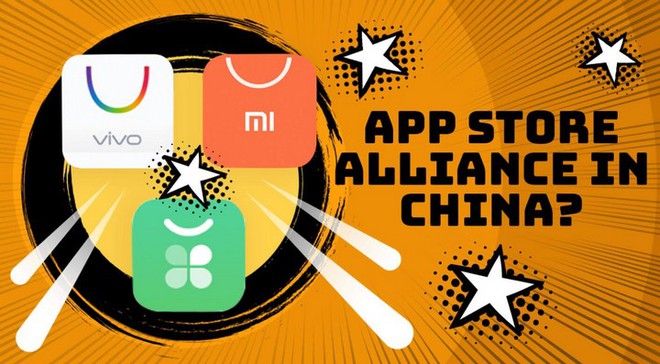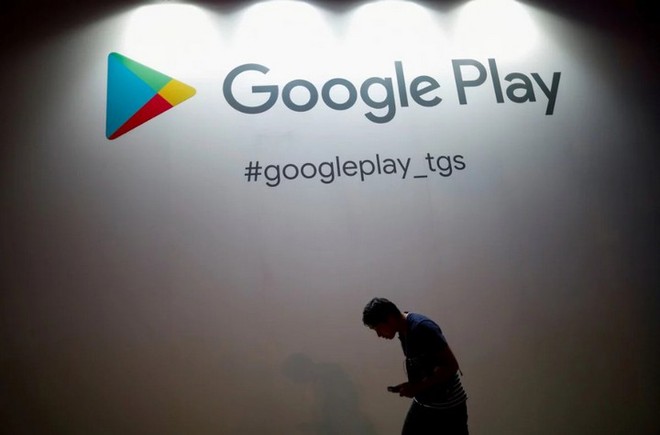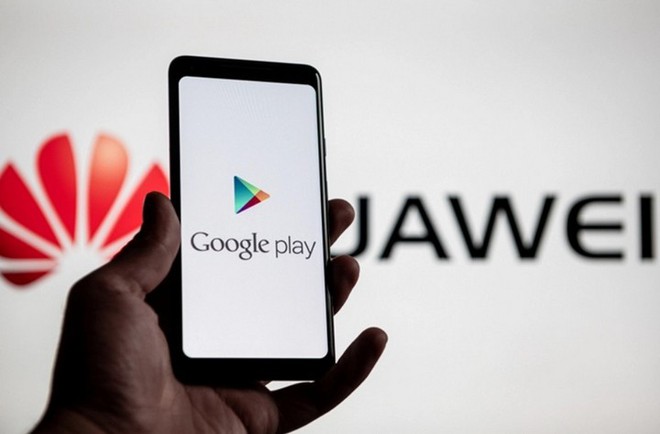Can the integrated app store of Chinese manufacturers be able to “challenge” the Google and Play Store?
- Tram Ho
Media recently reported that Huawei, Xiaomi, Oppo and Vivo are working together to build a common application platform and potentially challenge Google’s dominance.

According to the Global Developers Service Alliance (GDSA), Oppo, Vivo and Xiaomi are working together to build a tool that allows developers to upload an app and it can be distributed to all stores. Application row in the league.
GDSA said the service will be available in nine countries and regions including India, Indonesia, Vietnam, Russia and Malaysia. However, according to Reuters , it is quite surprising that GDSA’s list does not mention Huawei. Currently, Huawei declined to comment on the information.
Oppo and Vivo have confirmed that this is not a merger of app stores and each company will still have its own app store. However, the alliance of Chinese smartphone vendors will allow an app to appear in all app stores.
There are still many challenges
Linda Sui, director of strategy at research firm Strategy Analytics, said the challenge was part of getting developers outside of China to join the alliance. In particular, similar alliances in the past have not challenged Google’s dominance. And even if the Chinese giants work together, it’s unclear how the parties will allot work.

Huawei, Xiaomi, Oppo, Vivo currently occupy more than 40% of the global smartphone market share. So this collaboration is expected to create a mutation large enough to challenge the dominance of the Android and Google platforms.
Among the members, joining the app alliance will be of the greatest benefit to Huawei, as the Chinese tech company is being blacklisted and restricted access to Android by the US. To solve this problem, Huawei has researched and developed its own operating system called HarmonyOS.
Huawei also launched Ark Compiler, a tool that allows developers to quickly port Android apps to HarmonyOS easily. However, the journey of self-reliance and escape from Google domination is certainly long and extremely difficult for Huawei. When Huawei first launched the Ark Compiler framework last year, some programmers complained that Huawei had yet to improve it.

By the end of 2019, Huawei’s App Gallery has just over 45,000 apps, far behind the Play Store’s 3 million apps. Not to mention, Huawei is actively injecting a huge amount of up to $ 1 billion to entice developers to develop applications for the HMS (Huawei Mobile Service) ecosystem.
Recently, some Huawei smartphone models such as Mate 30 Pro also do not come with Google service applications such as Google Play Store, YouTube or Google Maps.
It is expected that the construction of a common application platform of four Chinese technology firms will start in March.
Refer to Abacusnews
Source : Genk
